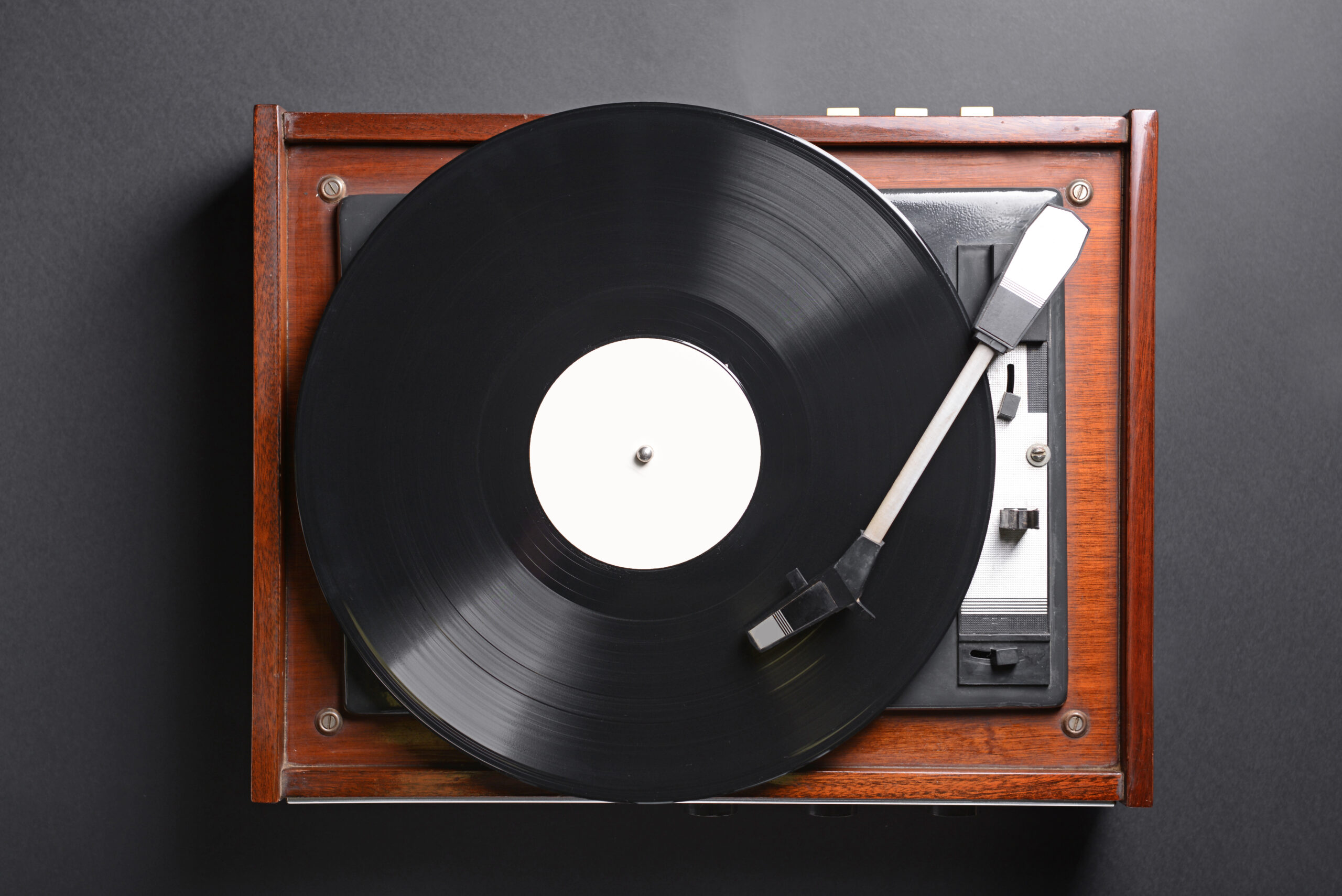Creating a vinyl record memorial is an incredibly personal way to honor a loved one’s legacy. If you want to include their favorite songs or personal tracks on the record, you’ll need to consider music licensing. Music licensing ensures that you’re legally allowed to use the songs in your memorial project. While this is important for both professional and personal projects, the process is relatively straightforward once you know the steps.
Here’s a guide to help you understand music licensing for a vinyl record memorial.
What is Music Licensing?
Music licensing is the process of obtaining permission to use copyrighted music. If you plan to include a song or recording that is protected by copyright (and most commercially released music is), you’ll need to secure the proper rights to use it.
When you include a song on a vinyl record memorial, you’re essentially creating a product that involves distribution (even if it’s only a few copies). This requires licensing from the copyright holder.
Why Do You Need to License Music for a Memorial Record?
Using music without the proper license is illegal, even for a memorial. Copyright holders (which could include record labels, musicians, or music publishers) have the exclusive right to reproduce, distribute, and perform their music. Without permission, you could face legal action for infringing on those rights.
While you may not intend to sell the vinyl or distribute it widely, it’s still important to respect these legal boundaries, especially if you plan to share it with others or create multiple copies.
Types of Music Licenses You May Need
There are a few types of licenses that might apply when you’re using copyrighted music for a vinyl record memorial:
1. Mechanical License
A mechanical license grants you permission to reproduce and distribute a song, which is what you need for vinyl records. This license applies to physical copies (like your memorial vinyl), so you’ll need to obtain one to legally press and distribute the record.
2. Synchronization License
If you want to pair the music with other media, like a video or slideshow (perhaps for a memorial service), you would need a synchronization (sync) license. This license applies when music is synchronized with visual content.
3. Master Use License
If you want to use the original recording of a song (not a cover or a re-recording), you’ll need a master use license. This is particularly important if you plan to use a well-known version of a song rather than a cover.
How Do You Obtain a Music License?
Many companies that create vinyl record memorials will typically assist you with the licensing process. These companies often have relationships with licensing agencies or can direct you to the right resources to ensure your music is properly cleared for use.
If you’re handling it yourself, the first step is to identify the copyright holder of the song. This could be the artist, a record label, or a music publisher. Once you’ve identified the right party, you can contact them directly or work with a licensing agency to secure the necessary rights.
If you’re unsure who owns the rights to a song, websites like BMI, ASCAP, and SESAC can help you track down the relevant copyright holders. Once you have the right contacts, you can negotiate the terms of the license.
What Happens if You Don’t License the Music?
Using copyrighted music without the proper license is considered infringement, and copyright holders have the right to take legal action. While most individuals who create memorial records likely won’t face lawsuits, it’s still important to avoid potential legal complications.
In addition to legal risks, using unauthorized music means the record won’t be fully legally clear, and you could be forced to remove or replace the music after the fact. To avoid these headaches, always secure the necessary licenses upfront.
Final Thoughts
Music plays a critical role in creating a meaningful vinyl record memorial. By obtaining the proper music licenses, you ensure that your tribute is not only heartfelt but also legally sound. Taking the time to go through this process will protect both you and the artists whose music you wish to honor.
If you have feedback, questions, or ideas for future articles or Information Hubs, please contact us. Your insights help us create valuable content.


